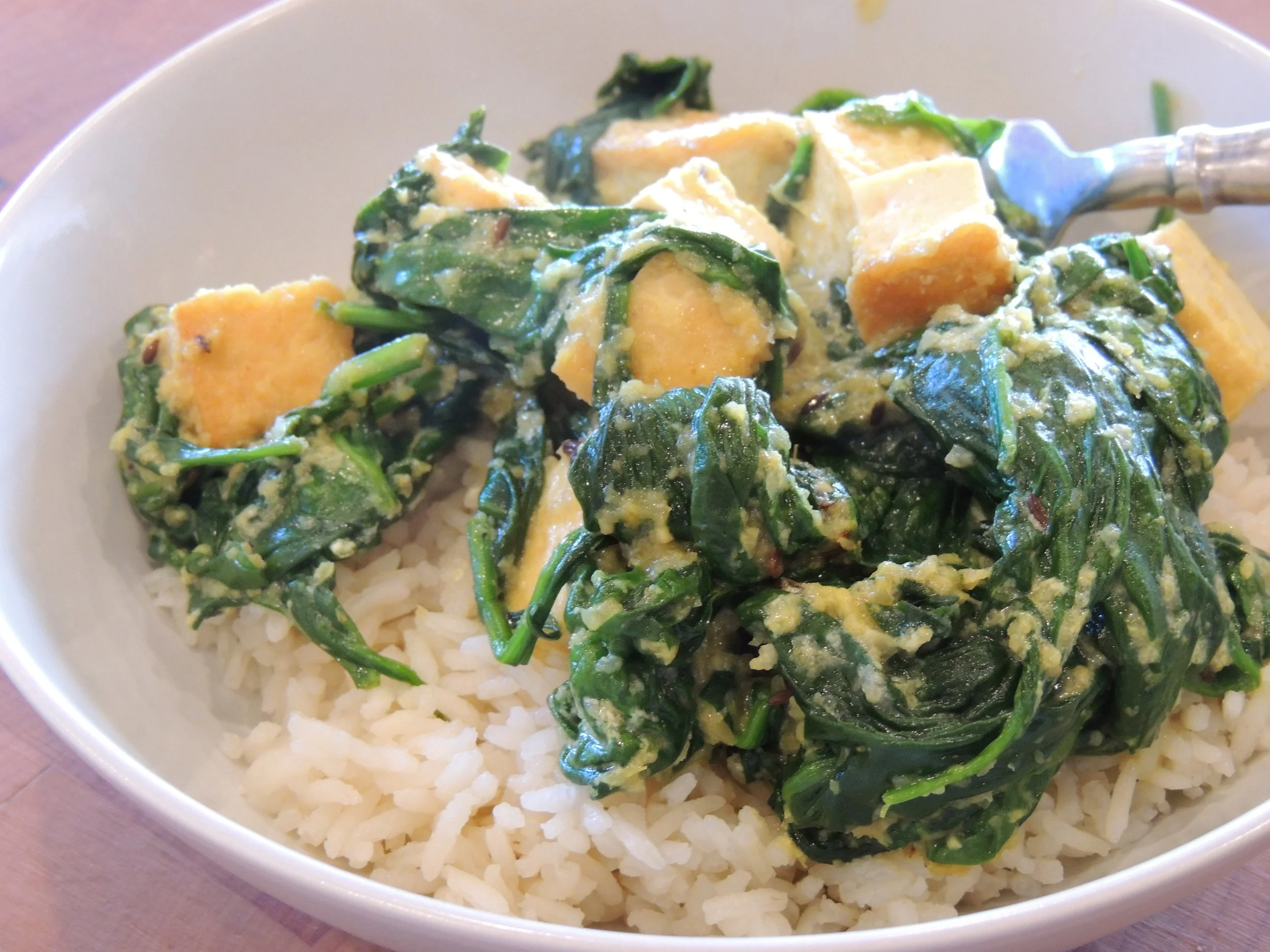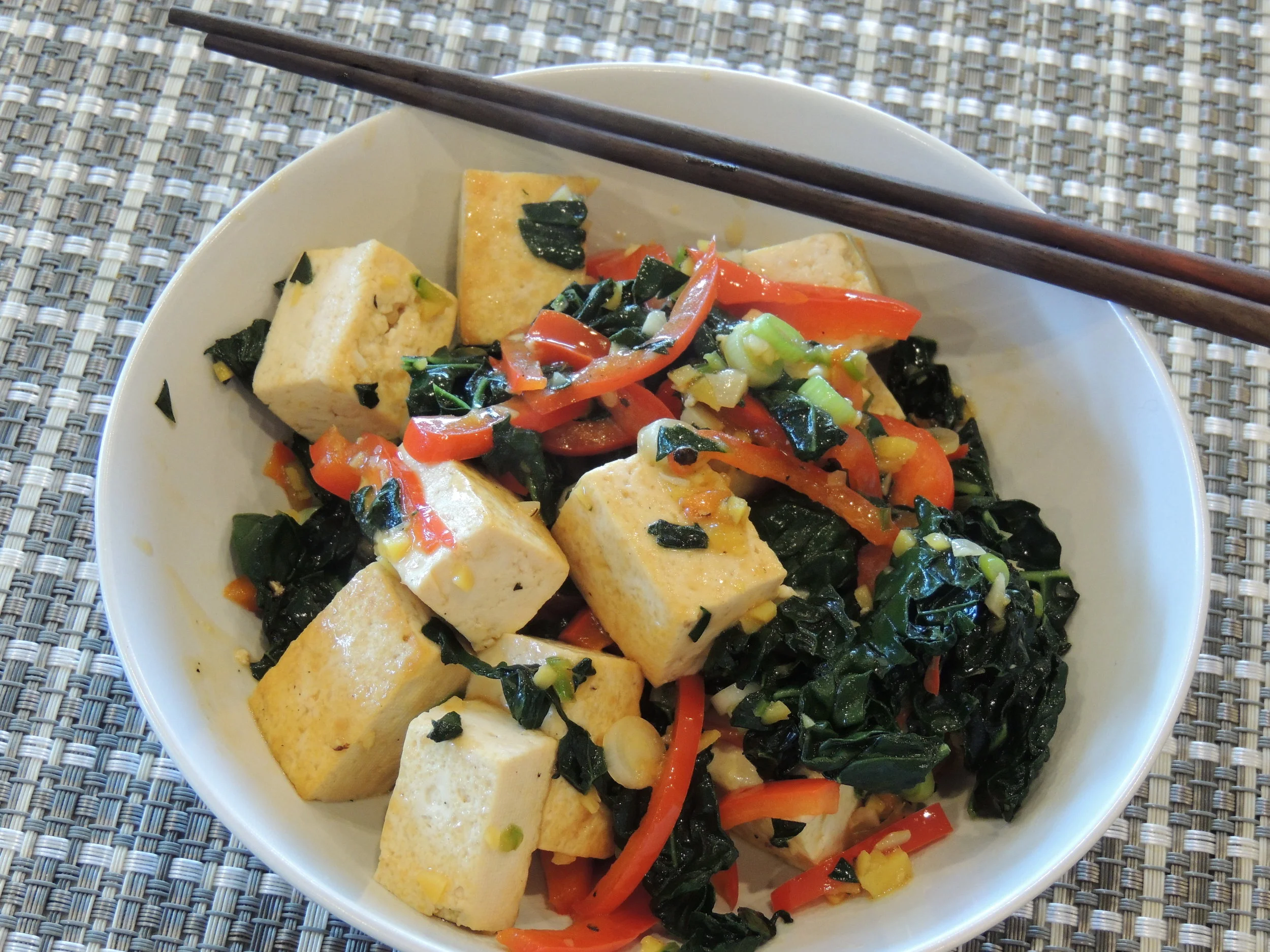The Truth About Soy
Soy is a good source of protein, fiber, calcium and a variety of other vitamins and minerals, Still it appears to remain a highly controversial food. While most espouse its strengths, a few are absolutely convinced that soy is bad for you.
To try to get at the truth, let’s examine some of the soy myths.
Myth #1: Soy Causes Breast Cancer
One of the biggest concerns about soy is that it causes (or increases the risk of) cancer - particularly breast cancer. These health concerns stem from the fact that soy contains a concentration of isoflavones or phytoestrogens, which are a group of natural compounds that bears a mild resemblance to estrogen chemically. It is important to point out that phytoestrogens are not estrogen, but act as weak estrogens. There is a large and increasing body of research which convincingly demonstrates that as a weak estrogen acts as an anti-estrogen (much like one of medications used to treat breast cancer - Tamoxifen) and so soy decreases - rather than increases - cancer risks and also lowers cancer recurrence rates.
Research conducted at University of Southern California suggests that women who have one serving of soymilk or tofu daily are 30 percent less likely to develop breast cancer.
In a 2012 analysis of over 9500 women, a study published in the american Journal of Clinical Nutrition showed that soy was beneficial for breast cancer survivors; women who ate more soy had 29 percent lower mortality rates and 36 percent lower recurrence rates.
Further research demonstrated the increased survival rate and decreased risk of cancer recurrence may be due to soy phytoestrogens’ effect on BRCA and other breast cancer genes, by turning those tumor suppressor genes back “on”.
Myth #2: Soy Reduces Testosterone in Men and Leads to Prostate Cancer
Another prevalent misconception is that soy decreases testosterone levels in men and can possibly lead to prostate cancer. Neither assertion is valid.
A meta-analysis published in Fertility and Sterility which was based on more than 50 treatment groups, showed that soy products do not affect reproductive hormones, including testosterone levels, in men.
The American Journal of Clinical Nutrition published an analysis of 14 studies which showed that an increased intake of soy actually reduced the risk of prostate cancer by 25% while risk was reduced 30% when ingesting nonfermented soy products like soymilk and tofu.
Myth #3: we SHOULD only eat fermented soy products
This is a myth, the origin of which appears to be because soybeans contain phytate. Phytate, present in legumes and grains, was once thought of as an anti-nutrient, but more recent research has found beneficial health effects of phytate, for bone health in particular.
Like in other beans, indigestible carbohydrate (fiber and resistant starch) in soybeans provides food for intestinal bacteria, and for some people fermentation of these carbohydrates in the colon may cause gas and discomfort. Fermentation of soy foods may reduce this discomfort, but you would also be reducing the beneficial prebiotic fibers. In truth it appears that both unfermented (tofu, edamame, unsweetened soy milk) and fermented (tempeh) soy foods can have a place in a health diet.
Myth #4: All Soy is Genetically Modified
Soy can be found in both its GMO and non-GMO forms. Most GMO in the U.S. is fed to livestock while the majority of soy food manufacturers use non-GMO soy; non-GMO tofu, tempeh, and soymilk are widely available and clearly labeled non-GMO. And by law all “organic” products in the U.S. exclude GMOs. If this is a concern for you, just make sure to choose organic soy products to ensure you are buying non-GMO soy.
All considered, based on the extensive evidence to date, there appears to be no reason to worry about eating soy foods, whether fermented or not. I recommend consuming on average one to two servings of soy per day, an amount equivalent to one cup of soy milk, or one half cup of tofu, soy protein (tempeh) or soy nuts.
Explore some of our tasty recipes with soy & tofu:





(528 Cal) If you are a fan of a rice or grain bowl, then this is one to try.